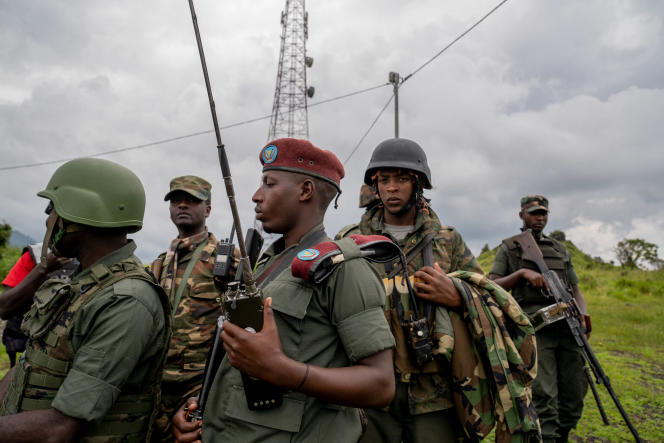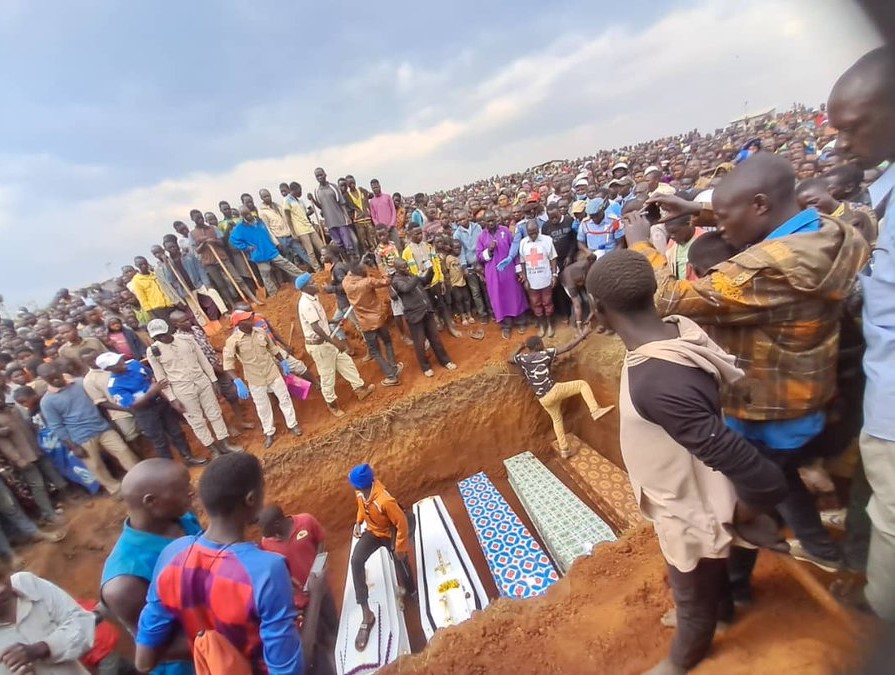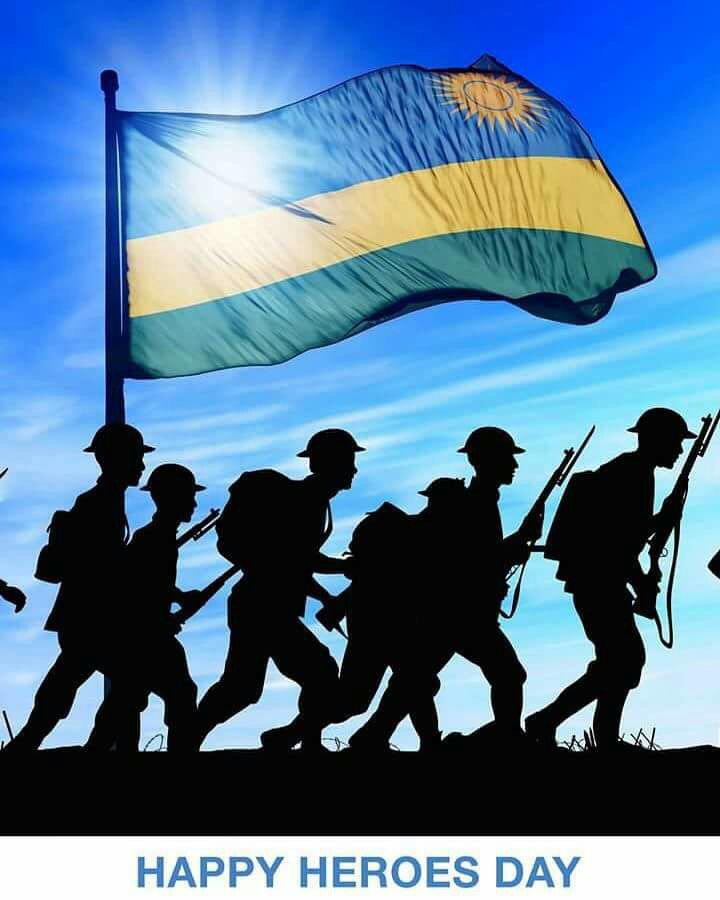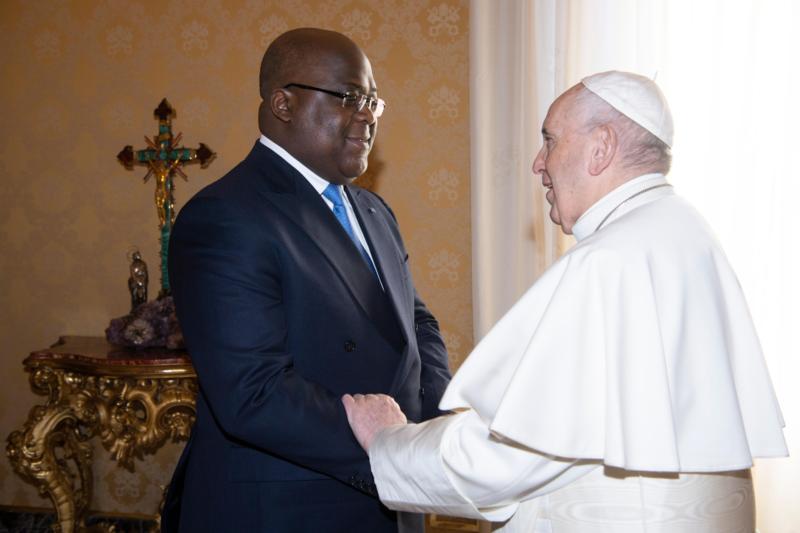Regional
DRC: M23 has reason to stop genocide

On
December 9, 1948, UN member states approved the Genocide Convention and the international
community vowed to commit to 'never again' after the atrocities committed
during the Second World War.
Forty
five years later, in 1994, Rwanda experienced the Genocide against the Tutsi
under the watchful eyes of the same international community. They ignored then
ongoing mass atrocities, labeling it an internal conflict and even pulled UN
troops out of Rwanda. In a matter of only three months, more than one million
lives were lost.
Today,
in the Democratic republic of Congo, there is strong evidence of a looming
genocide against the Congolese Tutsi. Systematic attacks against them are
escalating, hate speech is disseminated through the mainstream media and social
media. But the international community remains silent.
The ‘Never
Again’ vow seems more of a slogan to them.
Congolese
authorities, the police and army openly promote anti-Tutsi sentiments. They
neither prevent the persecution of Congolese Tutsi nor denounce the
proliferation of hatred against them. The United Nation Mission in DRC
(MONUSCO) whose mandate is to protect citizens is also watching them being
brutally massacred.
Tired
of waiting hopelessly for the international community to take action and avert
this spreading anti-Tutsi hate before it converts into a full-blown genocide, the
M23 rebels decided to take matters in their own hands. It is their people’s
lived at risk and no one cares more than they do. For them, it is a battle for
their race’s survival.
On
January 26, the rebel group announced that they had warned the world many times
that the DRC government is preparing a genocide in Ituri, North Kivu, and
South Kivu provinces, and that unfortunately, the worst, as they feared, was
happening under the watchful eyes of the world.
A Genocide
against Congolese Tutsi is underway in Kitchanga, Burungu, Kilolirwe and their
surroundings perpetrated by DRC Government's coalition including their killing
machine, FDLR, they warned.
Consequently,
the M23 finds itself obliged to intervene and stop another genocide in the Great
Lakes region of Africa as the world is falling to render assistance to
community under threat of extermination, the M23 stated.
Contrary
to Kinshasa's fabrications when portraying M23 as a terror group and the cause
of the insecurity in the region, people living under areas controlled by the
rebels praise them for ensuring their peace and security. Yet citizens,
especially Congolese Tutsi who live in territories controlled by the coalition
of the Congolese army, genocidal militia FDLR and other armed groups leave in
fear of being lynched, anytime.
The UN
special adviser on the Prevention of Genocide, Alice Wairimu Nderitu, on
January 23, gave a stern warning that if no action is taken to stop these
multiple attacks targeting civilians along ethnic lines, sexual violence, as
well as Congolese authorities who don’t fulfill their duties to prevent
violence, the region is risking to experience atrocities as happened in Rwanda
in 1994.
The DRC
is now home to thousands of Rwandan genocidaires and is a close ally of their
terrorist group, FDLR, which harasses and kills Congolese Tutsi. But the
country is reluctant to acknowledge that they are the big threat of the region’s
security and keep supporting them.
Kinshasa’s
irresponsibility and refusal to protect citizens, MONUSCO’s failure, and the
silence of the international community in the face of the looming genocide,
gives the M23 a green light and strong reason to stand up and fight for their
people’s rights and safety, something Kinshasa and the international community
have failed to do.






